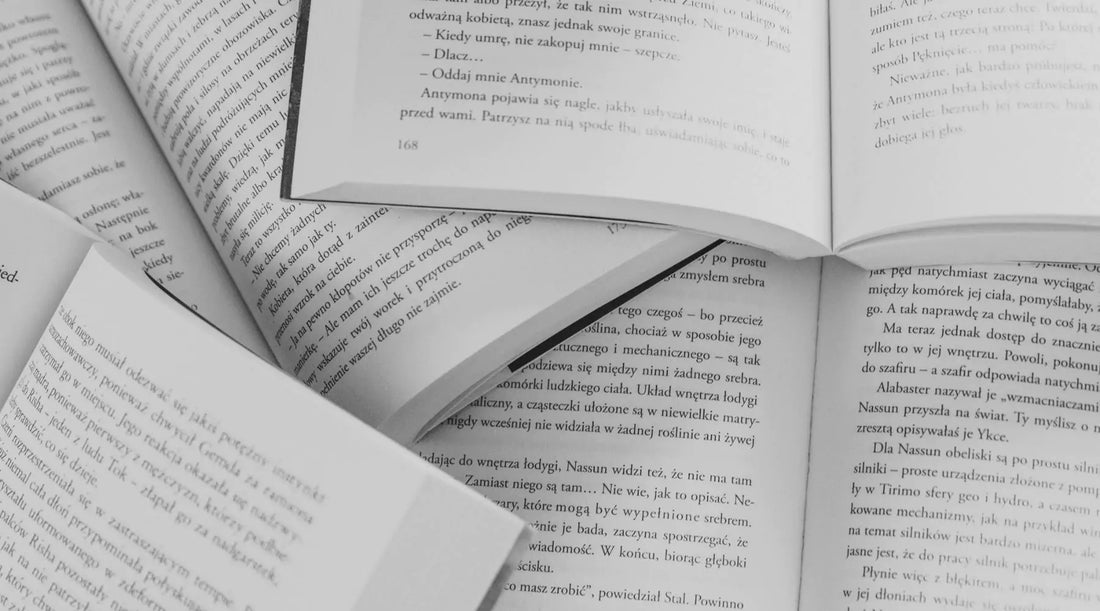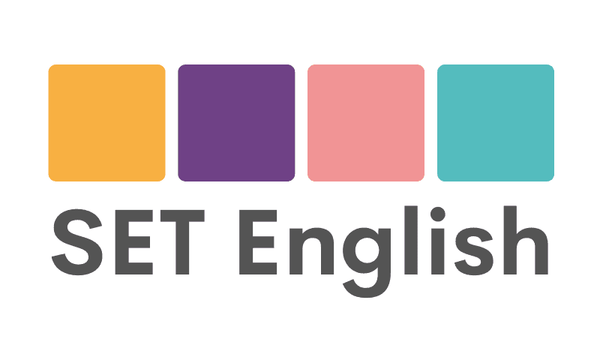
Why OET Reading Is So Difficult – and How to Improve...
What to download Paul's document from the video? Click here: OET Reading PDF Document
Many candidates struggle with the OET Reading sub-test. Even healthcare professionals with strong medical knowledge often discover that passing Reading takes longer than expected.
Why? The truth is that OET Reading tests a mix of skills: time management, vocabulary, strategy, paraphrasing, and comprehension. Weakness in any of these areas can stop you from achieving a high score.
1. Time Management
One of the biggest issues in OET Reading is the clock.
- Part A: 15 minutes for 20 questions (less than one minute per question)
- Parts B & C: 45 minutes for 22 questions
Tips for Part A
- Scan the texts strategically. Don’t waste time reading every line
- Work in two steps: identify the right text → then scan only the relevant area
Tips for Parts B & C
- Read the question first, identify keywords, and then go to the text
- Don’t waste time on a single tough question — move on and come back if you have time
👉 For extra practice, check out our Free Reading Part A Course.
2. Vocabulary Range
A strong vocabulary is essential for OET Reading, especially in Part C. You’ll encounter:
- Technical terms: hypertension, immunocompromised, comorbidity
- Academic words: dynamic, transient, obscure
- Idioms and expressions: light at the end of the tunnel, take the lead on
Strategies for vocabulary:
- Read widely — medical journals, textbooks, and newspapers
- Keep a notebook of new words and review it regularly
- Practise collocations and phrases, not just single words
3. Multiple-Choice Questions
Multiple-choice questions often cause difficulty, not because of guessing, but because of processing information under pressure.
Strategies:
- Read the question stem carefully — don’t be tricked by attractive but irrelevant options
- Identify keywords and paraphrases
- Use elimination to rule out clearly wrong options
👉 Expand your vocabulary faster with our full range of SET English OET courses.
4. Paraphrasing & Question Stems
Paraphrasing is a core skill in OET Reading. The exam rarely uses identical wording between question and text. Instead, it tests whether you can recognise when different words mean the same thing.
Example:
- Text: associated hearing symptoms
- Question: deafness
How to practise:
- Train with synonym lists and paraphrase exercises
- Pay attention to grammar as well as vocabulary
- Regular reading builds this skill naturally
5. Comprehension & Complex Ideas
Comprehension is about following how ideas connect, not just spotting words.
- Writers use referencing (this result, this finding) to link back
- They use connectors (however, therefore, in addition) to show relationships
- They build arguments step by step
Tips:
- Read actively: look for links between sentences
- Practise academic reading to get used to longer texts
👉 For a deeper explanation of comprehension strategies, see our OET Reading C Guide.
Final Advice
Strategies are important, but they only work if your language foundation is strong. To succeed in the OET Reading test:
- Read daily. Build both speed and comprehension
- Expand your vocabulary. Technical, academic, and idiomatic
- Practise under timed conditions. Learn to move on quickly
- Think like a reader, not just a test taker. Follow how ideas connect
Remember, the best way to prepare is with structured practice — that’s why our OET Reading Course is designed to combine strategies with real reading skill development.
Ready to Improve Your OET Score?
If you’re serious about passing OET, start with our Free OET Course. It includes videos and lessons on all four skills — Reading, Writing, Listening, and Speaking.
🎥 Inside, you’ll get:
- Step-by-step video guides
- Practical strategies for every part of the test
- Expert tips from OET teachers
